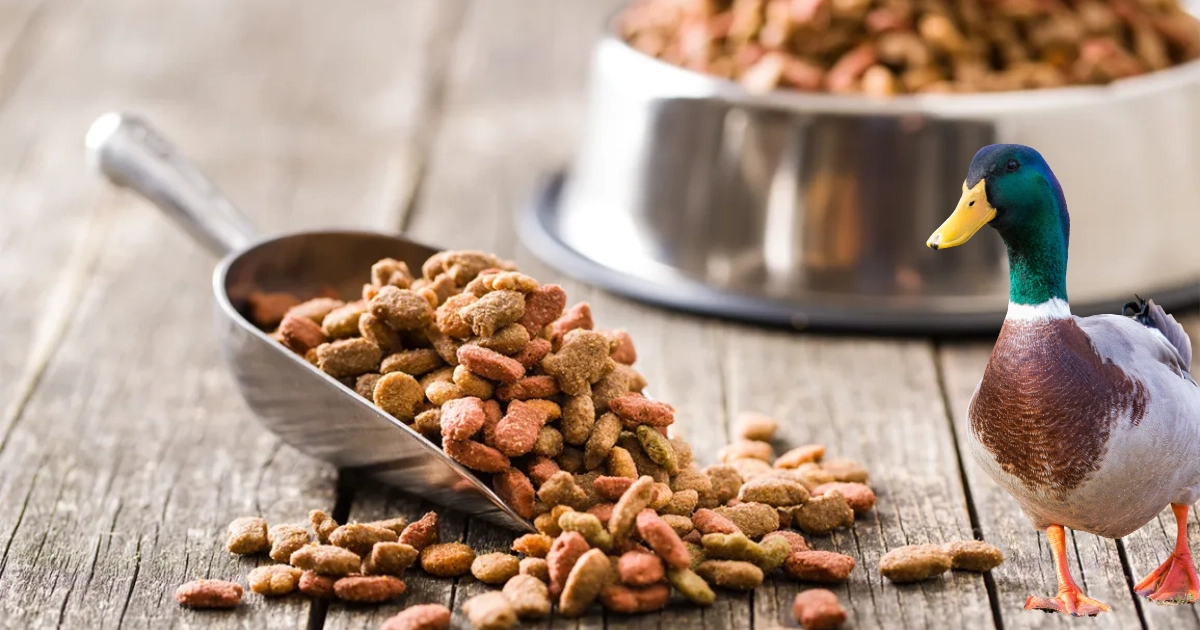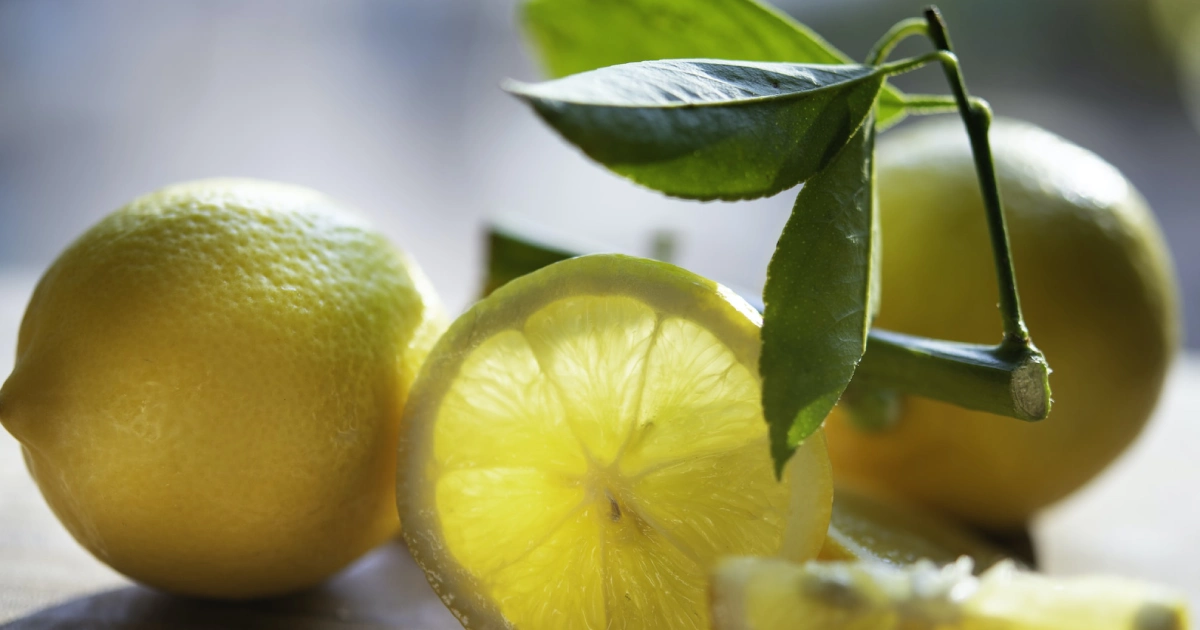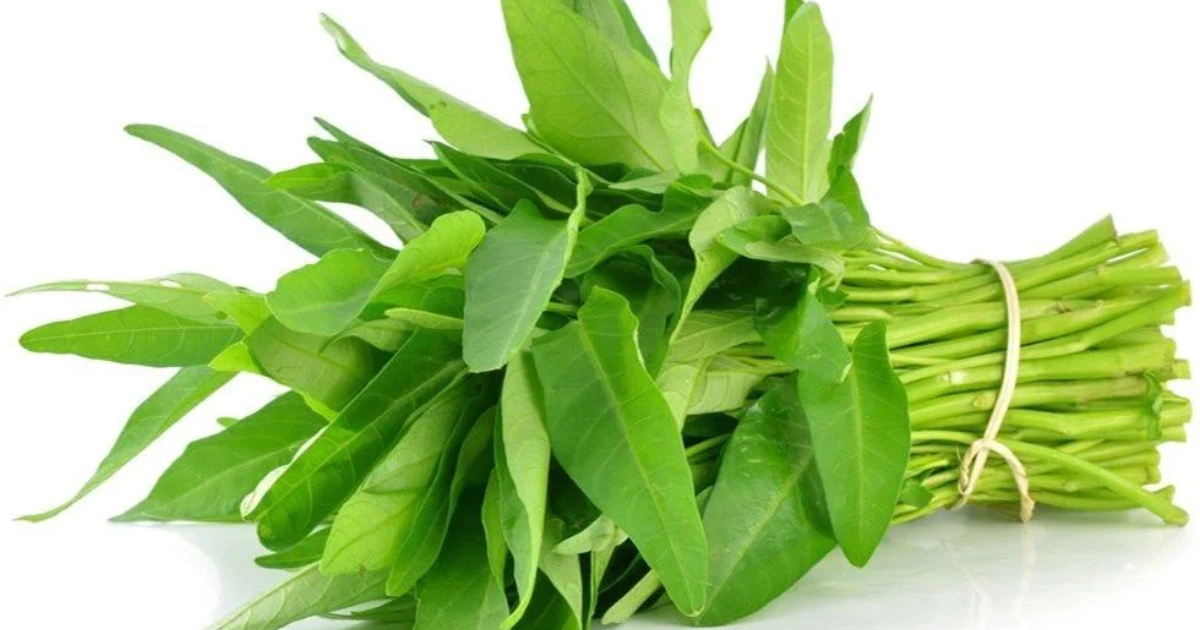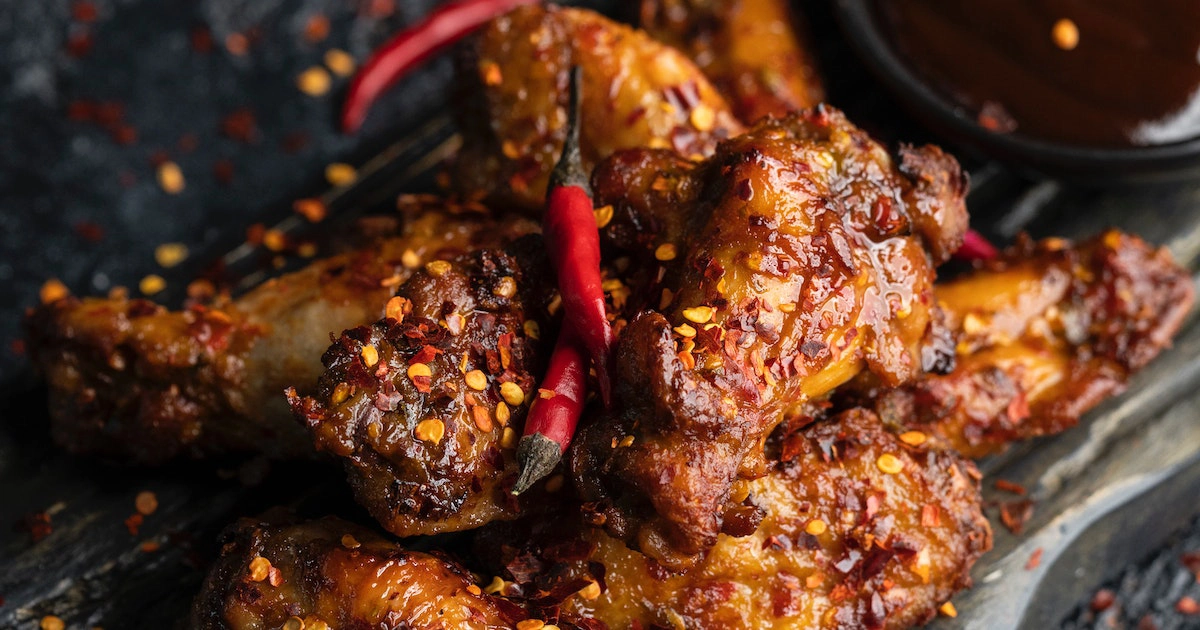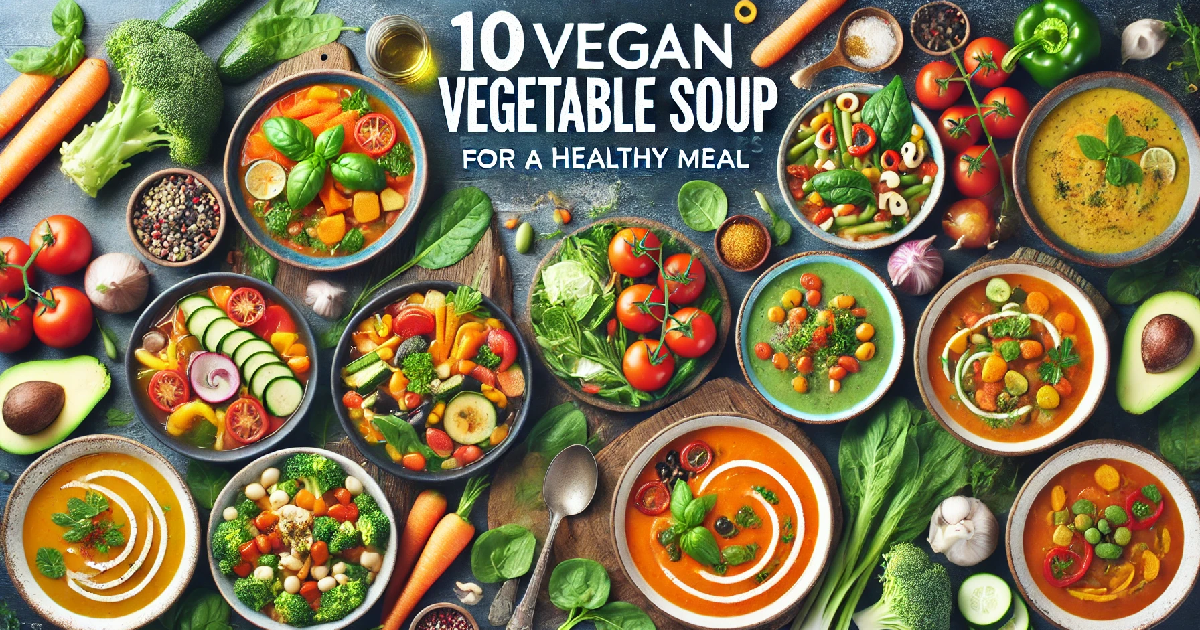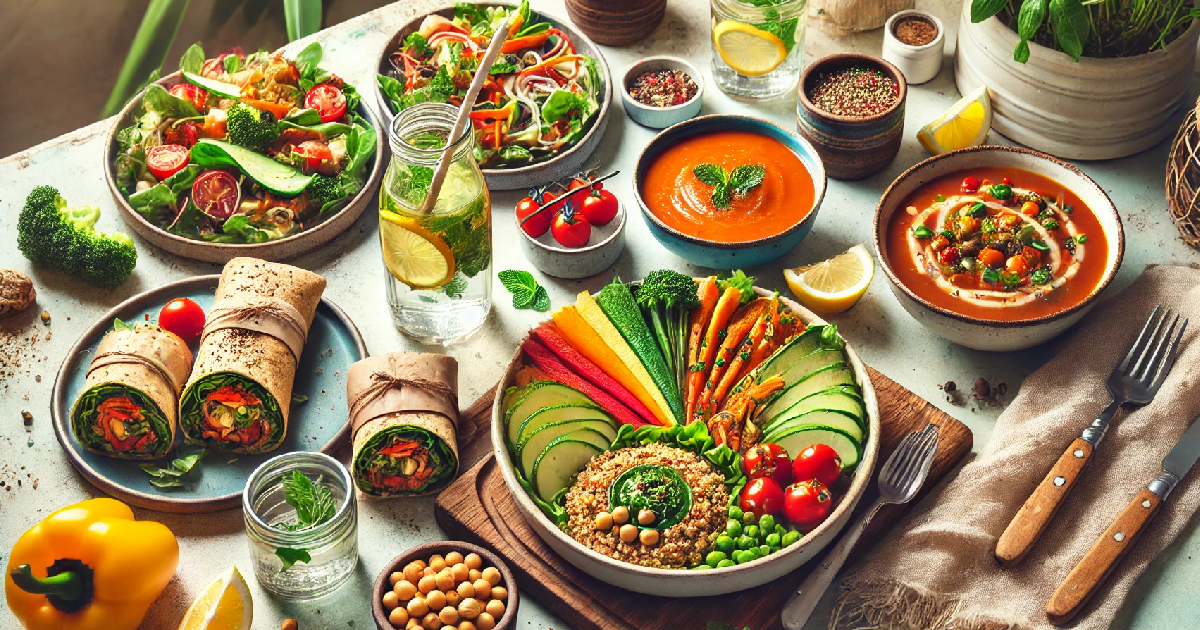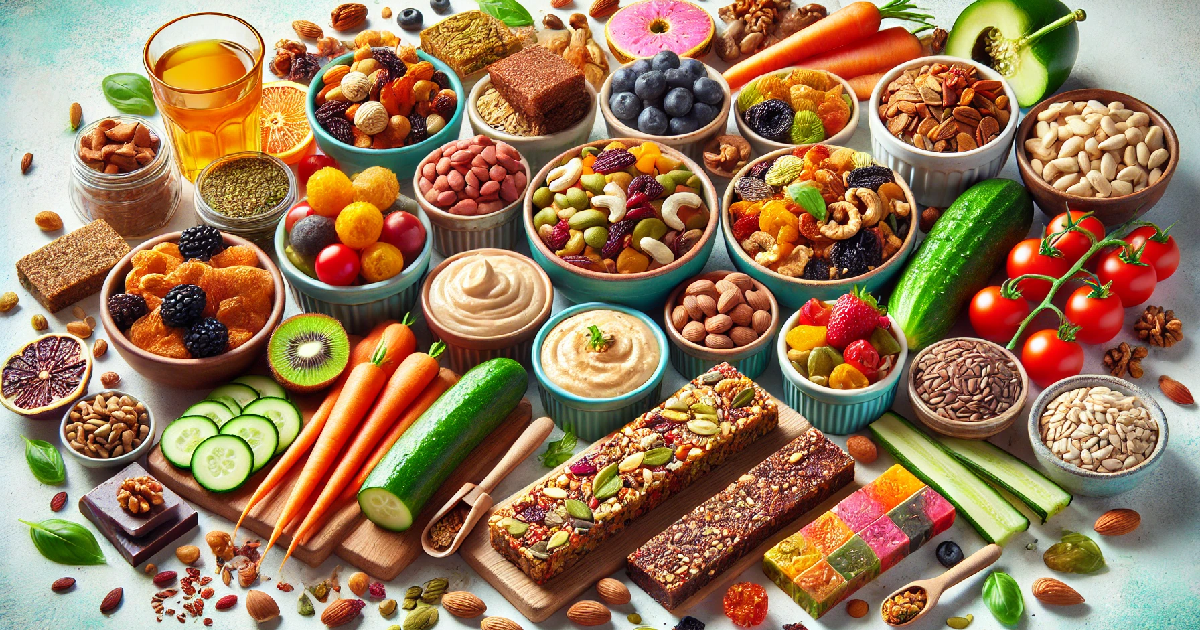Spicy food is a beloved cuisine for many people around the world. The heat from spices like chilli peppers and curry powders can hit your taste buds hard, leaving you feeling satisfied and invigorated. However, for some individuals, eating spicy food can also cause discomfort in the stomach. After indulging in your favourite spicy dishes, you may experience symptoms such as heartburn, nausea, or bloating.
After eating spicy food, there are fortunately a number of methods to calm your stomach. This article discusses the best solutions for stomach discomfort caused by spicy foods.
Some Effective Remedies That Can Bring You The Much-Needed Comfort And Help You Find Relief:
Water: The Ultimate Ally
Water is your good friend in combating the burning sensation caused by spicy foods. Cool water helps dilute the capsaicin, the compound responsible for the spiciness and provides instant relief. Avoid carbonated or sugary drinks, as they can exacerbate the discomfort. Instead, use plain water or soothing herbal teas to calm your stomach.
Dairy Delights: Milk and Yogurt
Dairy products are known to provide relief from spicy food-induced discomfort. The protein casein found in milk and yoghurt helps to neutralize the heat and reduce the burning sensation in your stomach. A glass of cold milk or a spoonful of yoghurt can work wonders in soothing your stomach after a spicy meal. Non-dairy product alternatives like almond milk or coconut milk may offer similar relief for lactose intolerant.
Bread And Rice: Starches To The Rescue
Starchy foods like bread and rice act as a sponge, absorbing the spicy compounds and easing the discomfort. Plain, white bread or a serving of steamed rice can help to settle your stomach by neutralizing the spiciness. These bland, easily digestible carbohydrates provide a soothing effect and promote a sense of fullness, reducing the discomfort caused by spicy food.
Cooling Cucumber And Melon
Cool and hydrating fruits and vegetables such as cucumber and melon can provide relief for your stomach after consuming spicy food. These hydrating options have high water, vitamin, and mineral content to help combat the heat. Their crisp texture and soothing properties can help cool the burning sensation and provide a refreshing respite.
Herbal Remedies: Ginger and Peppermint
Ginger has anti-inflammatory effects that can help soothe an upset stomach when consumed as ginger tea or raw ginger slices. With its soothing and cooling effects, peppermint tea can also relieve spicy food-induced symptoms. These natural remedies can be an excellent addition to your post-spicy-meal routine.
Over-The-Counter Antacids
Over-the-counter antacids can be an effective option if the discomfort persists or becomes too severe. Antacids work by neutralizing stomach acid, providing relief from heartburn and indigestion. These products are widely available and can provide quick relief for those experiencing prolonged discomfort after consuming spicy foods.
How Do You Stop Your Stomach From Burning After Spicy Food?
Spicy food can be delicious, but it can also leave you with an uncomfortable burning sensation in your stomach. Luckily, there are several ways to help alleviate this discomfort. One effective method is to drink milk or eat dairy products like yoghurt or cheese. The casein protein found in dairy can help neutralize the spicy oils in the food.
Another option is to consume foods high in carbohydrates, such as bread or rice. Carbohydrates can absorb some of the heat from the spices and relieve your stomach.
Notably, extreme pain or discomfort after eating spicy food may indicate a more severe problem that requires quick medical attention. In general, moderation is the key to consuming spicy foods; begin with smaller portions and increase them progressively to avoid overwhelming your digestive system.
Why Does My Stomach Hurt After I Eat Spicy Food?
One possible reason your stomach hurts after eating could be indigestion. Indigestion occurs when your digestive system has difficulty breaking down food, causing discomfort and pain in the abdomen. Some common symptoms of indigestion include bloating, gas, nausea, and vomiting.
Acid reflux is another possible cause of stomach distress after eating. When the muscle between the stomach and oesophagus fails to close adequately, stomach acid can back up into the oesophagus, causing acid reflux. This may result in chest and oesophagal burning.
If you experience stomach pain after eating spicy cuisine, there are several ways to alleviate the pain. Consuming water or other non-caffeinated beverages can help dilute spicy compounds in the body. Drinking water or other non-caffeinated beverages can help dilute any spicy oils in your system. Eating bland foods like rice or bread may also help soothe your stomach. Additionally, over-the-counter antacids like Tums or Pepto-Bismol can provide temporary relief from acid reflux or indigestion symptoms.
How To Relieve Upper Stomach Pain Immediately
Upper stomach pain can be caused by various factors, such as acid reflux, gastritis, or even consuming spicy food. If you’re experiencing upper stomach pain after indulging in spicy food, you can get immediate relief in several ways.
Firstly, drinking milk or eating yoghurt can help soothe the burning sensation in your stomach. Dairy products contain calcium and enzymes that neutralize the acid produced by spicy food. If milk isn’t readily available, try sipping coconut water or chewing on fennel seeds with similar soothing properties.
Secondly, avoid lying down immediately after a meal, as this can exacerbate the symptoms of heartburn and indigestion. Instead, sit upright for at least 30 minutes after eating to allow your digestive system to work efficiently and prevent any discomfort.
Finally, it’s important to stay hydrated when experiencing upper stomach pain. Drinking enough water can help wash out toxins and aid digestion in general. If you are experiencing severe or persistent upper abdominal pain, you should always consult a medical professional for a thorough diagnosis and treatment.
How Long Does A Spicy Stomach Last?
The spicy stomach can last anywhere from a few times to a day or two, depending upon the severity of the discomfort and the person’s tolerance to spicy food. The sensation of burning or discomfort in the stomach is caused by capsaicin, a compound found in chilli peppers that stimulates pain receptors in the body. When consumed in large quantities, it has the potential to irritate and inflame the stomach lining.
To help settle your stomach after eating spicy food, there are several remedies you can try. Drinking milk or eating yoghurt can help neutralize the heat from capsaicin due to its high-fat content. Consuming starchy foods like bread, rice, or potatoes can also absorb excess acid in your stomach and alleviate discomfort. Additionally, sipping on ginger tea or taking over-the-counter antacids may provide relief as well.
Gradually incorporating small amounts of spicy foods into your meals instead of consuming large portions all at once may reduce symptoms over time. Remember that everyone’s tolerance for spice is different, so listen to what works best for you and enjoy those fiery dishes responsibly!
What Foods Reduce Stomach Burn?
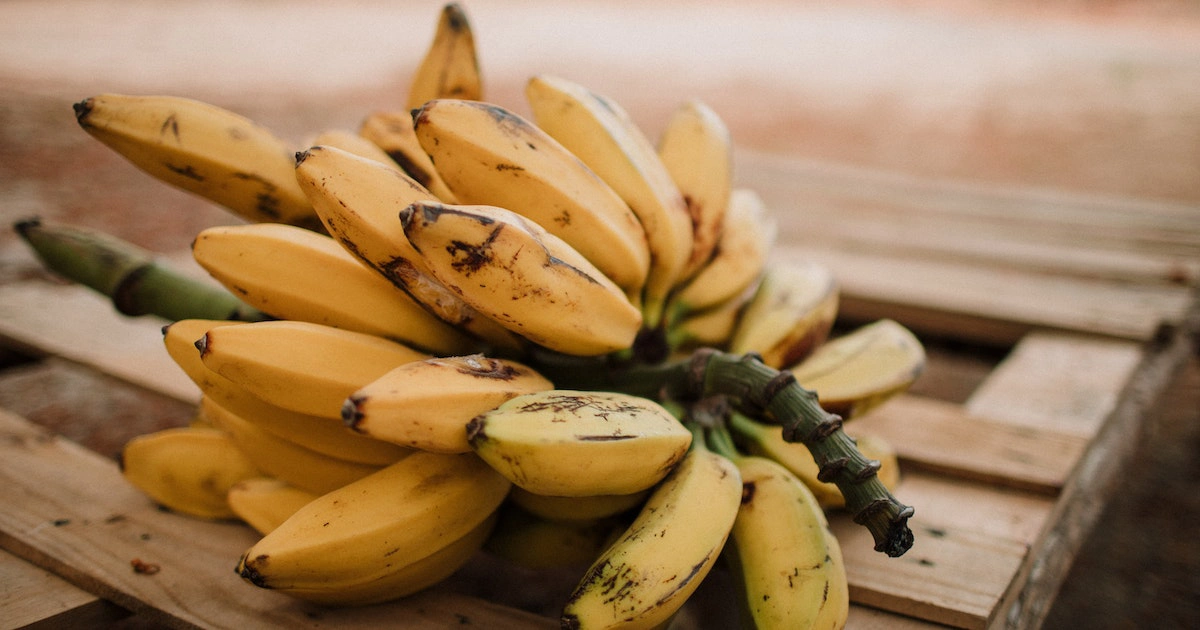
Stomach burns are an unpleasant and frequently excruciating sensation that can be brought on by a number of factors, including the consumption of spicy or acidic foods. It is critical to focus on foods that are easy to digest and won’t cause further irritation when attempting to reduce stomach burn. The best options include bananas, oatmeal, ginger tea, and low-fat dairy products.
Bananas are an excellent choice for reducing stomach burn because they’re high in potassium, which helps neutralize stomach acid. Oatmeal is another great option because it’s rich in fibre that, can help regulate digestion and prevent acid reflux. Ginger tea is also good because of its anti-inflammatory characteristics, aiding digestion. Finally, low-fat dairy products like yoghurt or milk can provide much-needed relief as they contain calcium which helps neutralize excess stomach acid.
Which Drink Is Best For Stomach Burning?
Many drinks help relieve the burning sensation in your stomach after eating spicy cuisine. One popular choice is milk, which helps to neutralize the acids that cause discomfort. Milk’s fat content also coats and protects the lining of your stomach.
Another effective drink for stomach burning is coconut water, which contains high levels of potassium and electrolytes that can help to balance out the acidity in your stomach. Furthermore, the natural sugars included in coconut water might give you an energy boost and make you feel more alert.
Finally, ginger tea is an excellent choice for soothing an upset stomach. Ginger contains natural anti-inflammatory qualities that can reduce inflammation in the digestive tract and alleviate nausea or indigestion. Plus, sipping on warm tea can be soothing for your body and mind.
Can Water Stop Burning Your Stomach?
Water is often the first choice for people trying to soothe their burning stomachs after eating spicy food. While water can temporarily relieve the irritants, it can not be enough to put out the fire completely. This is because capsaicin, the compound that makes chilli peppers hot, is not soluble in water and can stick to the lining of your stomach.
Instead of relying solely on water, consider adding milk or yoghurt to your diet. These dairy products contain casein which helps neutralize capsaicin and reduce inflammation. A spoonful of honey or bread can help absorb excess acid in your stomach and provide a protective layer against further irritation.
While water may offer some relief for a burning stomach after consuming spicy foods, it may not be enough. Other remedies such as dairy products like milk or yoghurt, honey or bread should also be considered as they effectively reduce inflammation and neutralize the acid in your tummy.
What Is The Fastest Way To Neutralize Stomach Acid?
Spicy food is delicious but can also cause discomfort in some people’s stomachs due to its high acid content. The fastest way to neutralize stomach acid after eating spicy food is by consuming an antacid medication or baking soda mixed with water. These alkaline substances counteract the acidity in your stomach, which helps reduce any discomfort you may feel.
Another way to neutralize stomach acid quickly after eating spicy food is by drinking milk or dairy products like yoghurt or cheese. Dairy products contain calcium, which helps neutralize stomach acids and soothe any irritation caused by spicy foods. In addition, drinking cold water or chewing gum can help reduce acidity levels in your mouth and throat and promote saliva production that can help balance your digestive system’s pH level.
We all love indulging in spicy food. Sometimes, it can lead to uncomfortable side effects such as heartburn and indigestion. Following these tips on neutralizing stomach acid quickly after eating spicy foods, you can enjoy those delicious meals without any negative consequences for your digestive system!
Is Milk Good For Heartburn?
Milk is often touted as a remedy for heartburn and indigestion caused by spicy foods. This is because milk includes calcium carbonate, which helps neutralize stomach acid, which causes heartburn. Milk also has a cooling impact on the stomach lining, which can assist in easing discomfort feelings.
However, it’s worth noting that while milk may provide temporary relief from heartburn, it’s not a long-term solution. Some people find that drinking milk can worsen their symptoms over time. This is because dairy products can stimulate acid production in the stomach, leading to further irritation and discomfort.
Can Warm Water Reduce Acidity?
Warm water is a common home remedy to help soothe the stomach after eating spicy food. While it may not directly reduce acidity, warm water can help with digestion and alleviate discomfort caused by acid reflux or heartburn. The warmth of the water may increase blood flow to the digestive tract, thereby accelerating the digestive process.
Acidity occurs when too much acid is in the stomach, causing symptoms such as nausea, bloating and discomfort. Drinking warm water alone may not be enough to reduce acidity levels significantly, but it can be beneficial when combined with other natural remedies like ginger or chamomile tea. These botanicals are renowned for their anti-inflammatory and digestive-soothing properties.
Warm water alone may not be a cure for acidity caused by spicy foods; it can still provide some relief for an upset stomach. To fully combat acidity issues, it’s important to maintain a balanced diet and avoid trigger foods that cause discomfort.
Which Fruit Is Best For Acidity?
It is no secret that spicy foods can cause acidity and indigestion, leaving a burning sensation in the stomach and throat. One of the best methods to combat this discomfort is consuming fruits rich in natural antacids. Among all the fruits, bananas are considered the best for acidity as they contain potassium which helps neutralize stomach acid and aids digestion. Moreover, bananas are easy to digest and provide instant relief from heartburn.
Another fruit that works well for acidity is papaya. Papayas contain an enzyme known as papain that aids in protein digestion in the stomach, alleviating acid reflux symptoms. Additionally, it contains anti-inflammatory antioxidants such as beta-carotene and lycopene, which reduce inflammation in the digestive tract.
Apart from these two fruits, watermelon is another great option for those suffering from acidity after eating spicy food. This fruit’s high water content aids in the removal of impurities from the body while keeping you hydrated. It also contains lycopene – an antioxidant that reduces inflammation and helps ease digestion.
Is Lemon Good For Acidity?

Lemons are known for their acidic properties, but they can assist to neutralize stomach acid and provide relief from acidity. This is because lemon juice is an alkaline-forming food that can maintain the pH levels in your stomach. Consuming lemon juice stimulates the production of digestive juices and enzymes that aid in digestion.
One way to consume lemon for acidity relief is by adding freshly squeezed lemon juice to a glass of warm water. This drink can help to soothe your digestive system and reduce inflammation in the stomach lining. Additionally, the vitamin C content in lemons helps boost your immune system and reduces inflammation.
While consuming lemon can help settle your stomach after eating spicy food, it’s important to note that everyone’s body reacts differently. If you have chronic acid reflux or GERD, it’s best to tell a doctor before incorporating lemons into your diet, as they may exacerbate symptoms for some individuals.
Conclusion: Relief Is Just a Few Steps Away.
You can take several standard steps to alleviate the discomfort of eating spicy food. Firstly, drinking milk or eating dairy products such as yoghurt or cheese can help neutralize the heat in your mouth and stomach. Starchy foods like bread and rice can also help absorb some of the spice.
Lastly, taking an antacid tablet containing magnesium hydroxide or calcium carbonate may also effectively neutralize excess acid in your stomach.
Following your body and giving it time to adjust after consuming spicy food is important.
Q1: Why Does My Stomach Feel Unsettled After Eating Spicy Food?
Spicy food contains capsaicin, which stimulates the nerves in your digestive issue and can lead to discomfort. It can cause burning sensations, indigestion, heartburn, and upset stomach.
Q2: What Natural Remedies Can Help Settle My Stomach After Eating Spicy Food?
Several natural remedies can help settle your stomach after eating spicy food. Some popular options include drinking water to dilute the capsaicin, consuming dairy products like milk or yoghurt to neutralize the spiciness, eating starchy foods such as bread or rice to absorb the heat, and consuming cooling fruits and vegetables like cucumber or melon. Herbal remedies like ginger and peppermint can also provide relief due to their soothing properties.
Q3: Does Drinking Milk Help Settle The Stomach After Eating Spicy Food?
Yes, drinking milk can help settle the stomach after eating spicy food. Casein contains dairy products, which help to neutralize the heat caused by capsaicin. Milk acts as a temporary barrier that coats your stomach lining, relieving the burning sensation. However, it’s worth noting that the relief is temporary, and some individuals may find that milk aggravates their symptoms, mainly if they are lactose intolerant.









